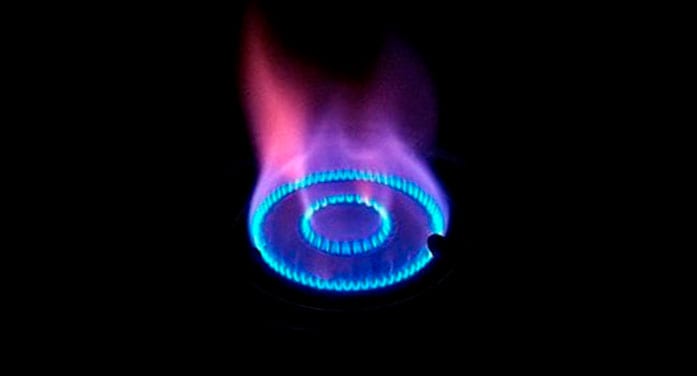 You could call Canadian natural gas the global energy security solution that’s waiting to happen.
You could call Canadian natural gas the global energy security solution that’s waiting to happen.
It’s entirely within Canada’s grasp to elevate natural gas production and export, assist our allies and trading partners, and help stabilize global energy markets – all without compromising emissions reduction goals.
Until recently, a constrained North American energy market with ample supply suppressed natural gas prices. While natural gas has many applications – heating, cooking, hot water, electricity generation, industrial uses and as a petrochemical feedstock – it was difficult and costly to ship overseas to more lucrative markets where demand is high.
However, this vast and affordable supply unlocked a new opportunity for North American natural gas producers: to liquefy it and export it around the world. The United States jumped on the LNG opportunity starting in 2014 and went from exporting about one million cubic metres of LNG per year to more than 300 million cubic metres daily in 2017. By 2021, the U.S. surpassed Qatar as the world’s leading exporter of LNG – from near zero to world leader in just seven years.
 |
| Related Stories |
| Canada missing out on natural gas boom – again
|
| Natural gas is coal’s only real alternative
|
| Natural gas offers the best way to meet emissions targets
|
A variety of decisions created the current worldwide energy crisis. Years of underinvestment in oil and natural gas production in Western industrialized nations in favour of funding renewable energy sources is one. Another is leaning on Russia to be the leading energy provider for much of the European continent and the U.K., creating a critical dependency on a single source of supply.
The natural gas crisis in Europe has grown so acute that Canada made the difficult decision to counter its sanctions against Russia and return a turbine to enable flows on the Russian Nord Stream pipeline supplying Germany.
Natural gas is now one of the most important sources of energy in the world, and safe, reliable sources are in short supply.
Because of Russia’s dominance in natural gas production, countries are scrambling to reshape the movement of the commodity around the world. In Europe, plans for some 20 LNG import terminals have been announced or accelerated. Germany, which has no LNG import terminals, has allocated about US$3 billion to charter four floating LNG terminals and connect them to the country’s pipeline network. The first terminal is expected to be online by the end of 2022. According to BloombergNEF, China – the world’s top LNG buyer in 2021 – has 10 new import terminals expected to come online in 2023 and capacity will roughly double through to 2025.
Now it’s a matter of finding supply. The International Energy Agency (IEA) predicts natural gas demand will increase to five trillion cubic meters in 2050, up from four trillion cubic meters in 2019.
Countries are looking to Canada to ramp up natural gas and LNG production and export.
As a supplier, Canada is stable and democratic and has high standards for environment and social and governance (ESG) performance. Our innovative and progressive natural gas production aligns with these standards, resulting – among numerous other environmental advantages – in some of the world’s least carbon-intensive production. Using Canadian natural gas to supplant coal in Asia could reduce that continent’s emissions for generating electricity by up to 62 per cent, according to a 2020 study published in the Journal for Cleaner Production. The European Union is taking notice of compelling data like this and, on July 6, labelled natural gas use for electricity an “environmentally sustainable economic activity.”
The global energy crisis requires a global perspective. It’s an exceptional opportunity for Canada to help stabilize energy security without compromising net global emissions reduction. More and more, our global allies are viewing it as Canada’s obligation as well.
Canada has secure, economic, prolific and environmentally responsible natural gas and LNG production. If we make our LNG industry a national imperative, Canada can become a major supplier of natural gas to allies and trading partners in Asia and Europe. Rapidly building our LNG industry is challenging – it will require the right regulatory process, investment environment and national vision – but we only need to look south of the border to see how the U.S. accomplished that difficult goal and is successfully serving global markets.
The world needs Canada to do the same.
Lisa Baiton is president and CEO of the Canadian Association of Petroleum Producers.
For interview requests, click here.
The opinions expressed by our columnists and contributors are theirs alone and do not inherently or expressly reflect the views of our publication.
© Troy Media
Troy Media is an editorial content provider to media outlets and its own hosted community news outlets across Canada.

